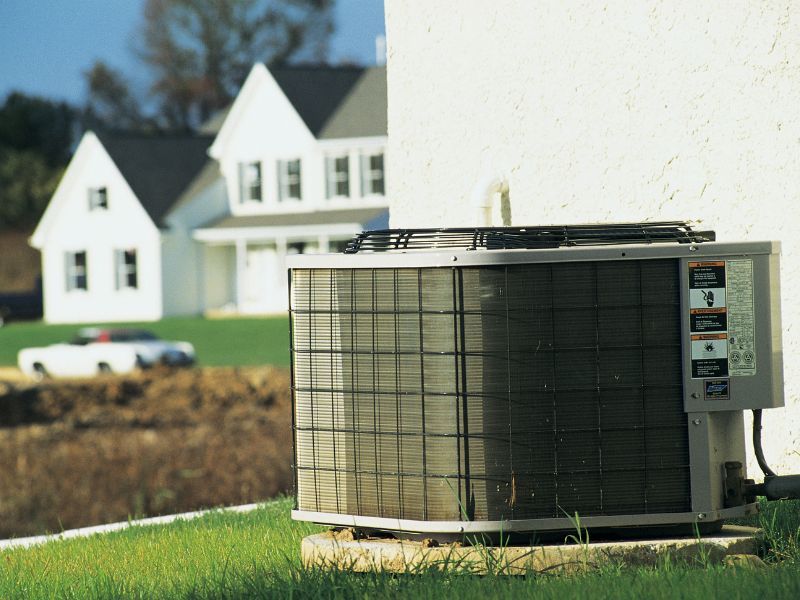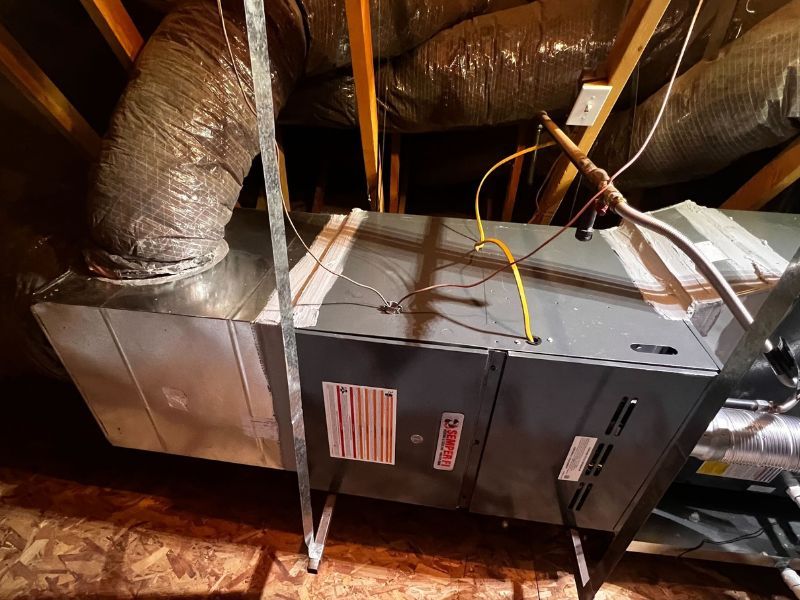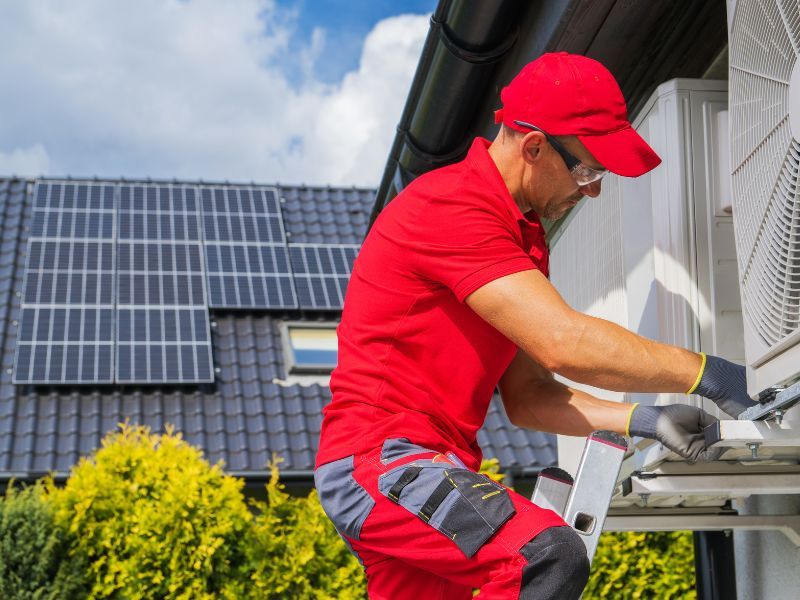What Is A Radiator?
In the context of HVAC, a radiator is a heat exchange device used for the purpose of heating indoor spaces. Radiators consist of metal panels or fins that have a large surface area to facilitate heat transfer.
When hot water or steam flows through the pipes within the radiator, the heat is radiated from the metal surface into the air. This process warms up the air in the immediate vicinity of the radiator, which then rises to create natural convection currents that circulate heated air throughout the room.
People Also Ask About Radiators
What are the advantages of using radiators for heating?
Radiators offer advantages such as efficient and comfortable heating, individual room control, quiet operation, and reduced air circulation (which can minimize dust and allergens). They can also retain heat for a period even after the heating system has stopped, providing residual warmth.
Can I install radiators in my existing HVAC system?
Yes, radiators can be installed in existing HVAC systems, especially if you’re considering retrofitting or upgrading your heating system. However, the feasibility and compatibility of installing radiators depend on your specific HVAC setup and heating requirements.
Are radiators still used in modern HVAC systems?
While newer heating technologies have emerged, radiators are still used in certain HVAC systems, especially in regions with colder climates. They provide effective and localized heating, and modern designs offer improved efficiency and aesthetics.
HVAC System Cost & HVAC Reviews
Related Pages
Categories


